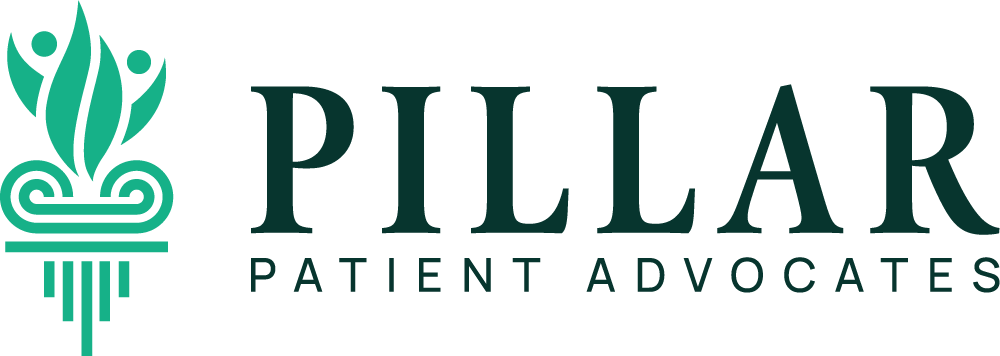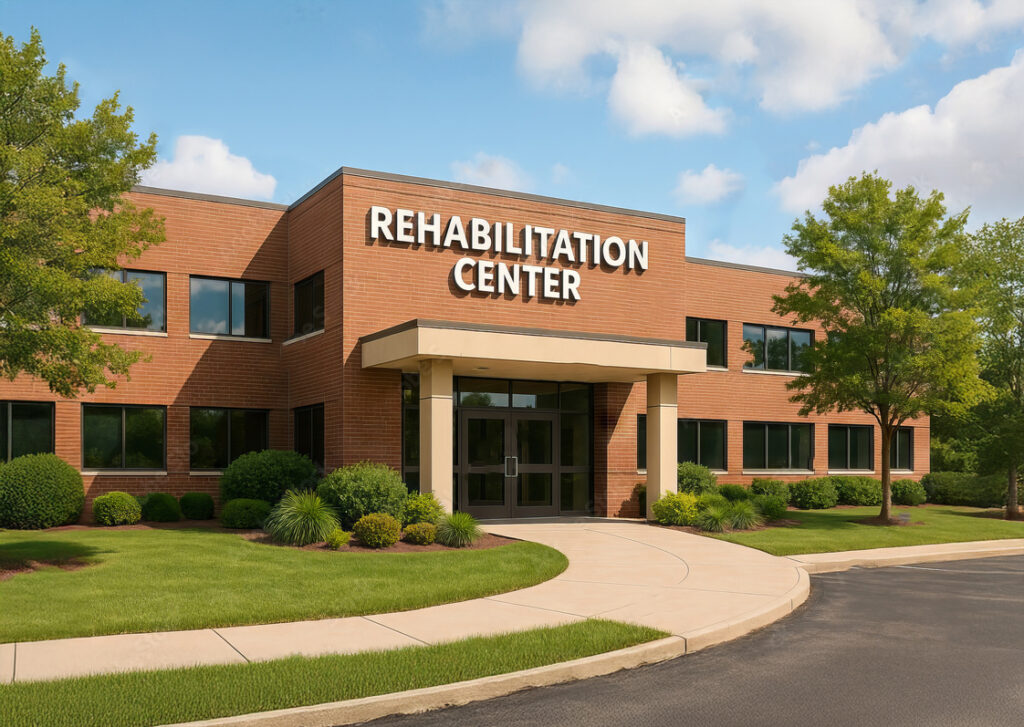Navigating the healthcare system can be overwhelming. Patients often find themselves asking important questions like, “Where should I go for this kind of care?” or “What kind of facility is best for my situation?” Whether someone is facing a new diagnosis, managing a chronic condition, or searching for a second opinion, understanding the different types of healthcare facilities is essential.
Every healthcare facility in the United States is required to meet state-specific regulations that determine how it operates and what services it provides. These regulations are in place to protect patients and ensure the delivery of safe and appropriate care. Because guidelines vary by state, it is important to verify what services are available in your area and whether the facility meets all necessary licensure and quality standards.
Below is an overview of different types of healthcare facilities and what kind of care a patient may expect to receive there.
Primary Care Clinics and Offices
Primary care clinics or family medicine offices are often the first stop for patients. These facilities offer routine checkups, vaccinations, screening tests, and ongoing care for chronic conditions such as diabetes, asthma, or high blood pressure. Patients build long-term relationships with primary care providers, who often serve as the central point of contact for managing overall health.
Urgent Care Centers
Urgent care centers provide same-day services for non-life-threatening injuries or illnesses. These clinics are a good option when a primary care office is closed or unavailable. Patients may visit an urgent care center for issues like minor fractures, infections, sore throats, or allergic reactions. These centers typically have shorter wait times and are less expensive than hospital emergency rooms.
Hospitals
Hospitals are large facilities that offer a wide range of medical, surgical, and emergency services. They are equipped to treat both acute and severe health conditions. Patients may go to a hospital for surgery, labor and delivery, trauma care, or specialized testing. Hospitals are staffed with multidisciplinary teams and often provide around-the-clock care.
University-Affiliated or Academic Medical Centers
University hospitals are affiliated with medical schools and research institutions. These facilities offer advanced treatment options and are often involved in clinical trials or new therapies. Patients may choose academic hospitals to receive care from specialists with deep expertise in complex or rare conditions. These facilities also train future healthcare professionals and may be more likely to offer second opinions or experimental treatments.
Ambulatory Surgical Centers
Ambulatory surgical centers provide outpatient surgical procedures that do not require overnight stays. These include colonoscopies, hernia repairs, cataract surgeries, or other minor operations. These centers are often less costly and more convenient than hospital-based surgery departments. Patients arrive, receive treatment, and return home the same day.
Outpatient Treatment Centers
Outpatient facilities offer scheduled services without requiring patients to stay overnight. These may include physical therapy clinics, dialysis centers, infusion suites, or behavioral health programs. Patients receiving chemotherapy, rehabilitation, or mental health therapy may visit outpatient centers on a regular basis while continuing to live at home.
Community Health Centers
Community health centers are nonprofit organizations that provide comprehensive care regardless of a patient’s ability to pay. These centers often serve underserved populations and offer primary care, dental care, mental health services, and more. Patients may also access language services, transportation support, and case management assistance at these locations.
Cancer Centers
Cancer centers specialize in the diagnosis and treatment of various cancers. These facilities often have oncologists, surgeons, radiologists, and support services all in one location. Patients may receive chemotherapy, radiation, genetic testing, counseling, and access to clinical trials. Comprehensive cancer centers may also offer survivorship care and family support services.
Centers of Excellence
Centers of Excellence are healthcare facilities that meet high standards in specific areas of medicine. These centers are known for providing exceptional care in specialties such as cardiac surgery, organ transplants, neurological care, or pediatric oncology. Patients may be referred to these centers for highly complex procedures or when seeking top-tier expertise.
Rehabilitation Hospitals and Skilled Nursing Facilities
Rehabilitation hospitals offer intensive therapy and medical care to help patients recover from major surgery, stroke, injury, or illness. Skilled nursing facilities provide a lower level of medical care, often after a hospital stay. Patients receive physical therapy, medication management, wound care, or long-term care in a supportive setting.
Behavioral Health and Substance Use Facilities
These centers focus on mental health, emotional wellness, and substance use recovery. Services may include counseling, psychiatric evaluations, medication management, and inpatient detox programs. Patients experiencing depression, anxiety, trauma, or addiction may benefit from these specialized environments that prioritize safety and therapeutic care.
Home Health Agencies and Hospice Providers
Home health agencies send licensed professionals to a patient’s home for wound care, physical therapy, medication administration, or palliative support. Hospice care is offered to individuals nearing the end of life and focuses on comfort, dignity, and quality of life. Families receive emotional and practical support as well.
Veteran’s Affairs Hospitals and Clinics
VA hospitals and clinics provide care to eligible U.S. military veterans through a nationwide network operated by the Department of Veterans Affairs. These facilities offer a wide range of services, including primary care, mental health support, surgical procedures, and treatment for conditions related to military service. Many VA locations also provide long-term care, rehabilitation, and substance use programs.
Advocacy That Helps You Understand and Choose What Is Right for You
Choosing the right facility depends on a person’s specific medical needs, location, insurance, and personal preferences. For patients and caregivers who feel uncertain about which option makes sense, this decision can feel intimidating.
At Pillar Patient Advocates, our board-certified advocates help patients understand the healthcare system, compare treatment settings, and connect with facilities that meet both their medical and emotional needs. We understand that behind every decision is a real person with real fears, questions, and goals. Our team is here to help patients make informed choices, ask better questions, and feel supported throughout their journey.
When you work with us, you are not just finding care. You are finding clarity, direction, and someone who understands how overwhelming this process can be. You are never alone in this. We are here to walk beside you every step of the way.



